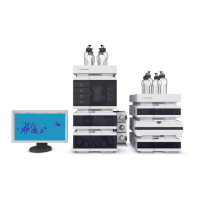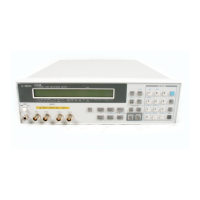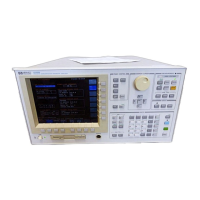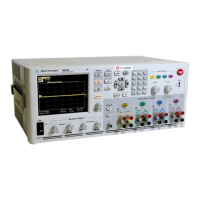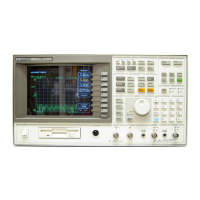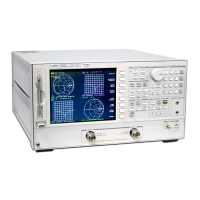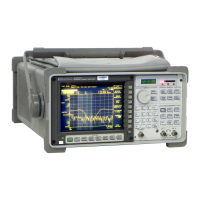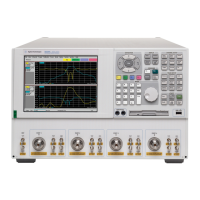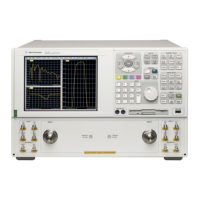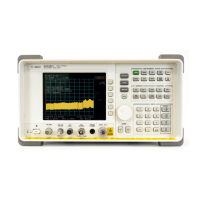Contents ▲ 90 ▼ Index
The RNA Integrity Number (RIN)
The RNA integrity number (RIN) is a tool designed to help scientists estimate the
integrity of total RNA samples. The RIN extension automatically assigns an integrity
number to a eukaryote total RNA sample analyzed on the Agilent 2100 bioanalyzer. Using
this tool, sample integrity is no longer determined by the ratio of the ribosomal bands
alone, but by the entire electrophoretic trace of the RNA sample, including the presence
or absence of degradation products. In this way, interpretation of an electropherogram is
facilitated, comparison of samples is enabled and repeatability of experiments is
ensured.
Scope
What the RIN can do:
• Obtain an assessment of the integrity of RNA.
• Directly compare RNA samples (e.g. before and after shipment, compare integrity of
same tissue across different labs, etc.).
• Ensure repeatability of experiments (e.g. if RIN shows a given value and is suitable for
microarray experiments, then the RIN of the same value can always be used for
microarray experiments given that the same organism/tissue/extraction method was
used).
What it cannot do:
• Tell a scientist ahead of time whether an experiment will work or not if no prior
verification was done (e.g. RIN of 5 might not work for microarray experiments, but
might work well for an appropriate RT-PCR experiment. Also, an RIN that might be good
for a 3' amplification might not work for a 5' amplification).
